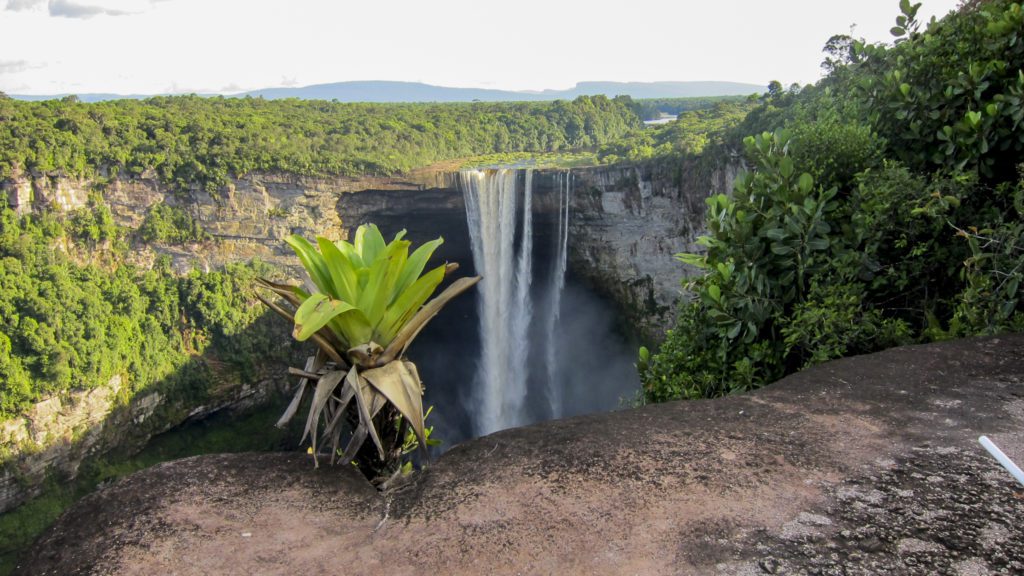Norway’s Minister of Climate and the Environment, Espen Barth Eide said he is impressed by Guyana’s continued leadership on rainforest conservation, during an important contract signing for Guyana’s renewable energy future.
Norway, Guyana, and the Inter-American Development Bank (IDB) signed an agreement for Guyana to access funds for a series of solar energy projects, on Wednesday, which also happens to be World Rainforest Day.
“Guyana will use funds received for its low deforestation rates to finance eight large-scale solar energy projects,” said Norway’s International Climate and Forest Initiative (NICFI). “In total, the projects will provide 27,000 households with cheap, clean energy – benefiting approximately 70,000 people.”
The project is the Guyana Utility-Scale Solar Photovoltaic Program (GUYSOL) will invest in eight utility-scale, photovoltaic solar projects totaling 33 Mega Watt peak (MWp) with associated 34 Mega Watt hours (MWh) energy storage systems distributed across three areas in Guyana. The money is coming from a fund set up with the IDB to keep payments received by Guyana for conserving its forests, from NICFI.
The Norwegian government founded NICFI in 2008 to mitigate climate change by protecting the world’s rainforests. Norway has worked closely with Guyana to reward it for its impressive forest conservation record. It noted that while tropical deforestation rates remain high in some countries, Guyana has kept 85% of its forest cover, with only 0.05% of deforestation.
NICFI said, “Since 2009, Guyana has received a total of NOK 1.5 billion (about USD220 million) as results-based payments from Norway. These funds have been invested in the country’s low carbon development, financing renewable energy, flood protection, green job creation, as well as land titling and development funds forindigenous peoples.”
Guyana’s Prime Minister, Mark Phillips said, “In 2009, Guyana launched one of the world’s first low carbon development strategies. We set out to show that it is possible to maintain forests while also creating prosperity and opportunities for our people to thrive. Norway has been a steadfast partner in our work to find international solutions that support this objective.”
Guyana is using this arrangement with Norway as a model to advocate for incentives for countries with significant tropical forest cover. The government recently launched Guyana’s Low Carbon Development Strategy (LCDS) 2030, building on the first strategy which was launched over a decade ago and is on the tail end of its implementation. Vice President Dr. Bharrat Jagdeo said the new strategy will, in a few weeks, be tabled for public debate and ratification by the National Assembly.



